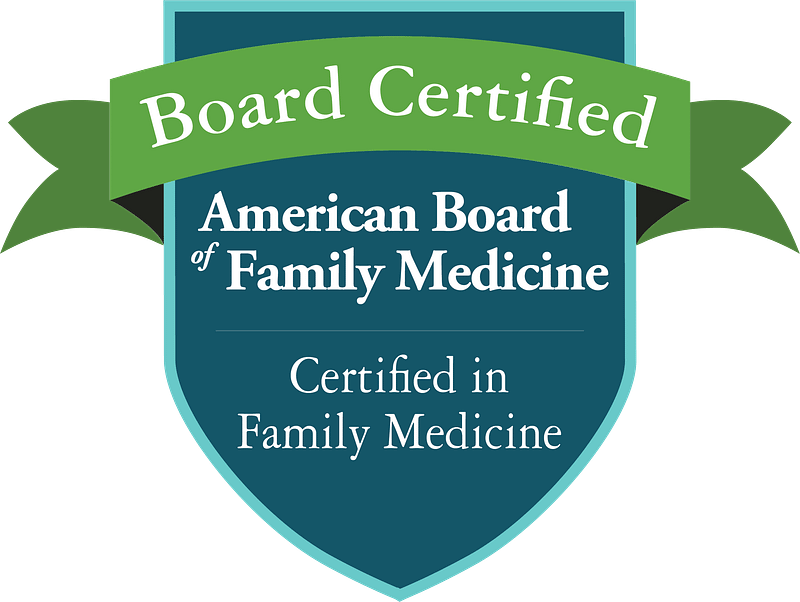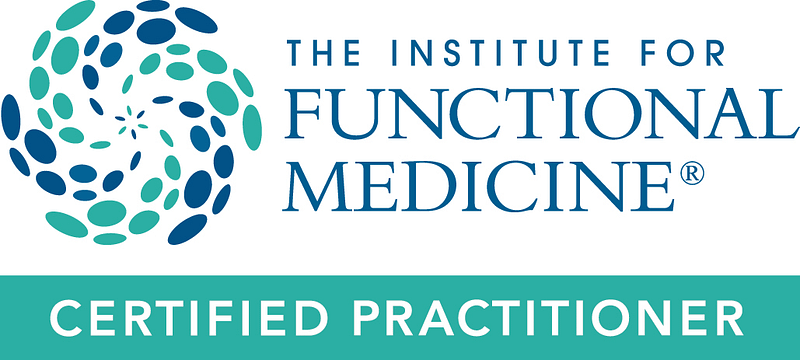Many physicians who have made the transition from a conventional to an integrative medical practice have done so as a result of having seen a patient who feels “terrible all over” and for whom conventional medical testing can find nothing wrong. “All your tests are normal” can be discouraging words for such a person to hear. Adding insult to injury, patients are apt to be told that their condition is due to “stress.” The doctor who believes that the patient’s symptoms can be caused by something other than a psychological disorder may eventually diagnose candidiasis as a result of his willingness to think outside the box. Candida albicans is the king pin of yeasts (molds) that affect health. It is an opportunistic organism, preying on cells weakened by frequent courses of antibiotics or prednisone (cortisone), overexposure to environmental molds, excess alcohol (especially yeast-derived beer and wine), birth control pills, and a diet high in sugar and processed foods. Like other molds, C. albicans thrives in a warm, dark, damp environment, making the colon particularly vulnerable to its overgrowth. Candida and other molds are responsible for ailments including athlete’s foot, thrush, chronic sinusitis, jock itch, yeast vaginitis, asthma, allergy, fatigue, numerous gastrointestinal symptoms, toenail fungus, sensitivity to cigarette smoke, and mood disorders, including depression.
Candidiasis can co-exist with other diseases such as diabetes, autoimmune diseases, and various gastrointestinal ailments.Candidiasis can be life threatening to a person with diseases that severely compromise immune function, such as Acquired Immune Deficiency Syndrome (AIDS); but it more typically compromises the quality of life for its sufferers, who end up with symptoms of fatigue, irritability, brain fog, being run down, difficulty concentrating, bloating, gassiness, constipation, diarrhea, abdominal cramps, and achy muscles and joints. The neurological symptoms resulting from candidiasis are likely due to the more than 300 known mycotoxins that are generated and circulate through the bloodstream during the life and, especially, the death of C. albicans.
Candidiasis is diagnosed through a history, physical exam, stool culture, skin allergy testing, and, if there has been a sustained exposure to high levels of Candida, elevated Candida antibody titers. However, since low levels of Candida exist normally in the colon, many doctors don’t recognize that Candida is capable of causing disease.










